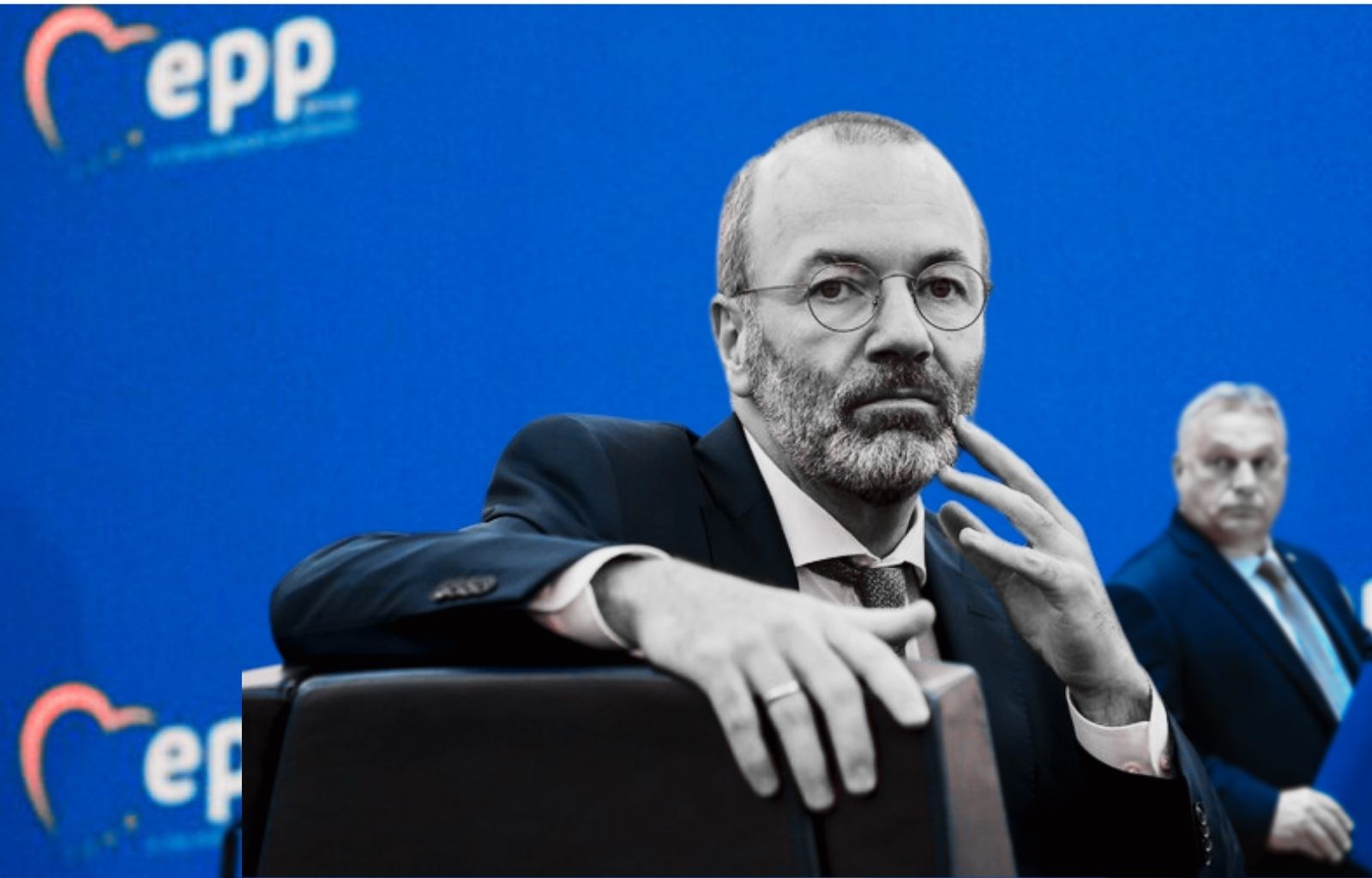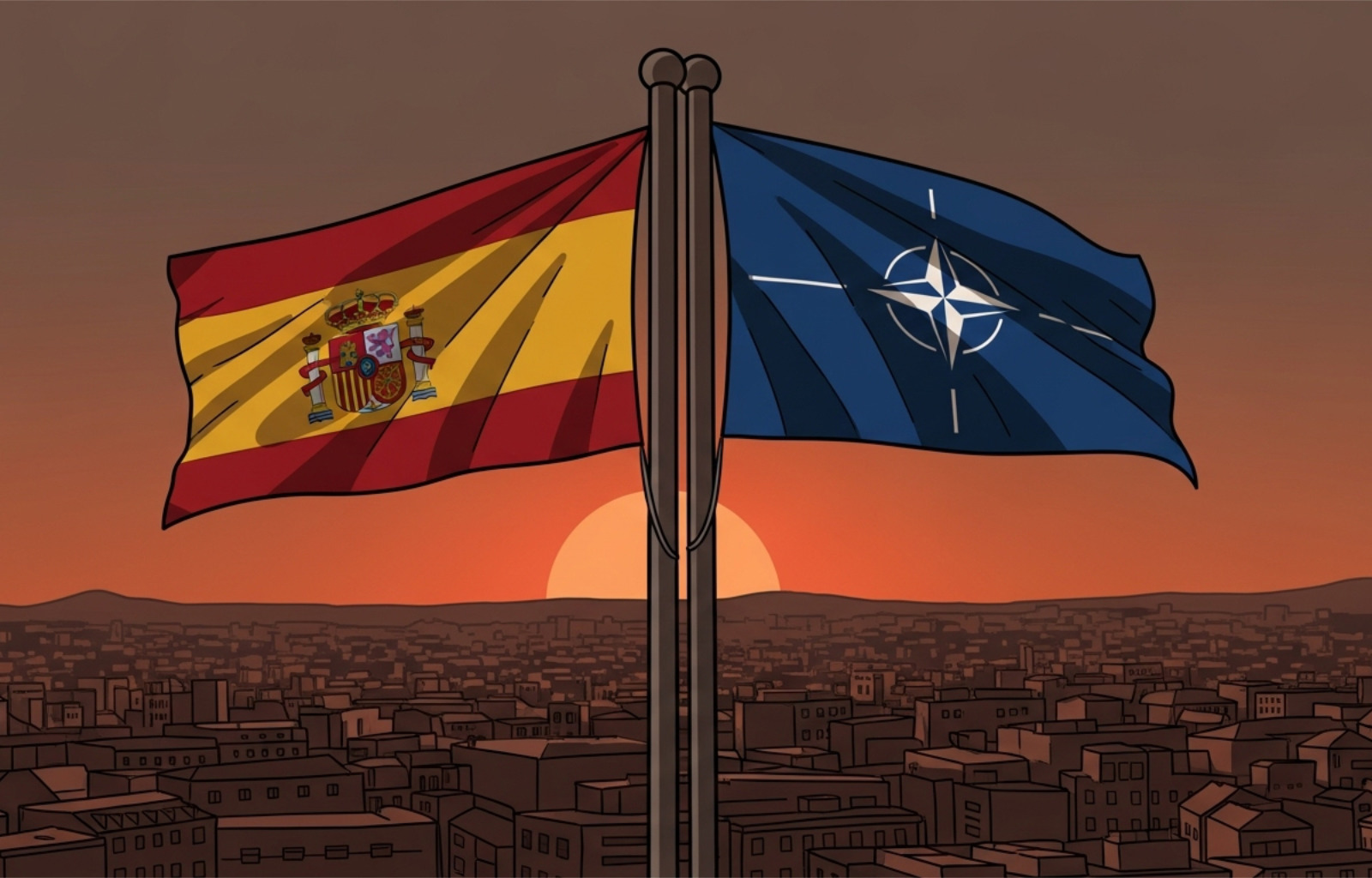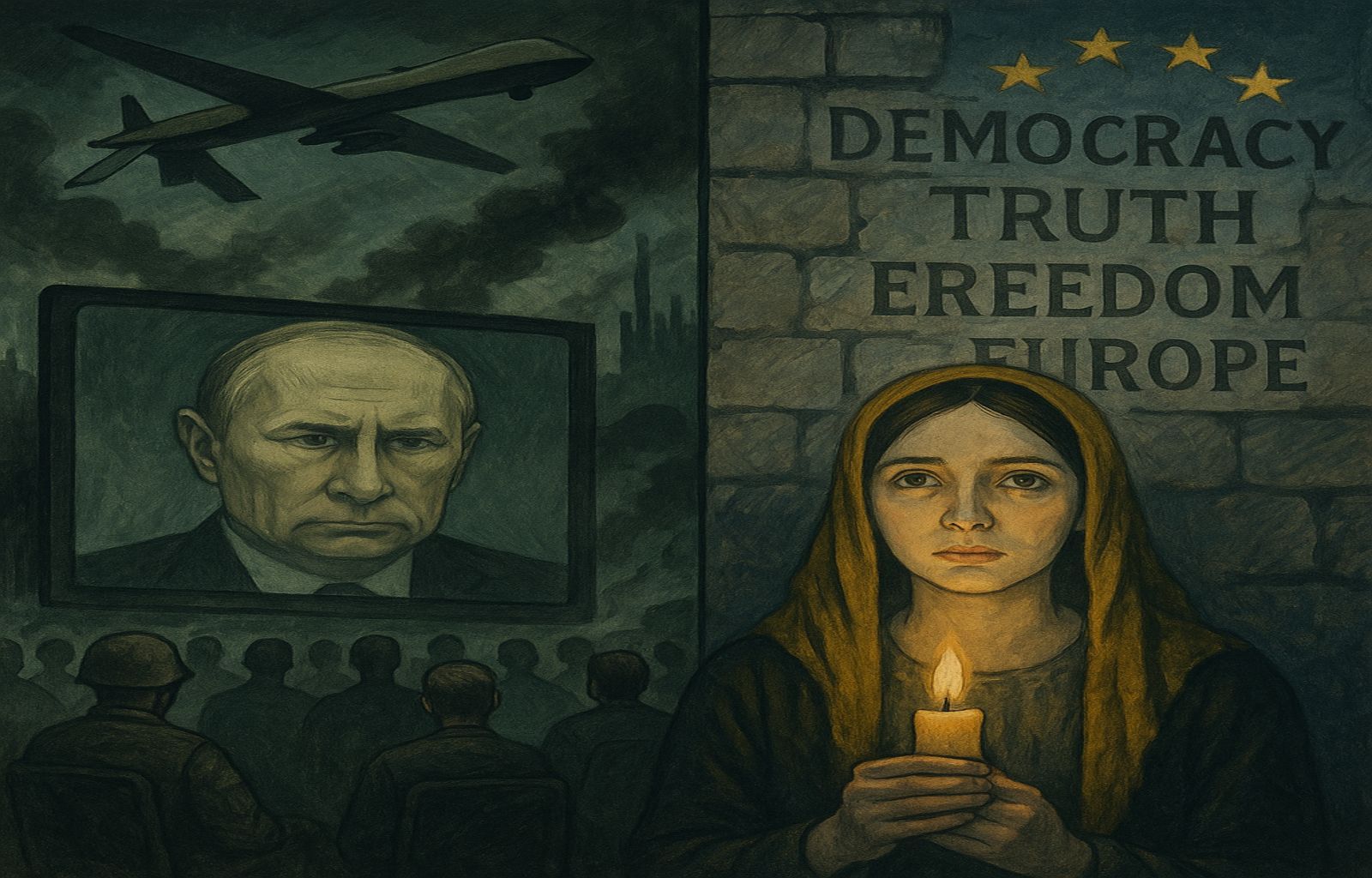EPP poised between pro-Europeans and nationalists. Weber bogged down in deforestation case

On 3 December 2024, the European Union reached an agreement on the EU Deforestation Regulation, marking the end of a negotiation path characterised by high political tensions. The goal of the regulation is to eliminate deforestation from the supply chains of products such as beef, soy, timber, cocoa, palm oil, coffee and rubber within the EU. However, the path to final approval revealed not only technical difficulties but also a delicate political balance.
The EPP amendments and the fragile majority
During the discussion stages in Parliament, the European People’s Party (EPP) tabled significant amendments, including a request for a two-year postponement of the regulation’s entry into force and the introduction of a category of ‘zero-risk’ countries, which would have allowed for less stringent controls on certain nations. These amendments were narrowly approved thanks to a coalition of the EPP, ECR (European Conservatives and Reformists), Patriots and Sovereigntists.
The return to the pro-European majority
However, in the trialogue – the final stage of negotiation between Parliament, the Council and the Commission – the EPP withdrew its amendments, returning to a position shared with Renew Europe and the Socialists and Democrats (S&D) group. This change made it possible to reach a compromise that postpones the entry into force of the regulation by one year, setting it for 30 December 2025, but without including the controversial category of zero-risk countries.
The political question: an EPP poised between pro-Europeans and sovereignists
Beyond the environmental importance of the regulation, what emerges strongly is the political fact. The handling of the dossier has highlighted the strategic uncertainty of the EPP and its leader, Manfred Weber. The initial choice to ally with sovereignist forces, such as those close to the Hungarian Prime Minister Viktor Orbán, and later the return to a pro-European majority with Renew and the Socialists, testify to the EPP’s difficulties in defining a clear line.
This ambivalence is also reflected in Weber’s position with respect to the Draghi report, presented in 2023, which proposes ambitious reforms to strengthen the European institutions, including a revision of the treaties to overcome the principle of unanimity in some key areas. Weber expressed verbal support for the report, recognising the need for a more effective and integrated Europe. However, such a reform agenda appears irreconcilable with the presence of Orbán and the sovereignists in the coalition, notoriously opposed to any limitation of national sovereignty.
Conclusion
The compromise on the EU Deforestation Regulation represents a victory for the pro-European bloc, but also highlights political fragilities that could have long-term repercussions. With the European elections approaching, the EPP will have to clarify whether it really intends to pursue the implementation of the Draghi report’s proposals, working with Renew and the Socialists on EU reform, or whether it prefers to maintain an ambiguous position, winking at sovereignist forces. The choice between Europeanism and nationalism is not only a question of political strategy, but will define the future role of the EPP and the EU as a global player.











